Arts and Culture
Article
Insights & Innovation
ad997d3e-4a77-41fd-9f2e-40fe210f90c4
5 min
https://edge.sitecorecloud.io/tessituraneab9a-tessiturane5642-staging-5396/media/Images/Discover-Images/Thought-Leadership/Five-Superpowers/Celebration-768x465.png?h=465&iar=0&w=768
The power of arts and culture to celebrate our common humanity
Imagining a world abundant with arts & culture
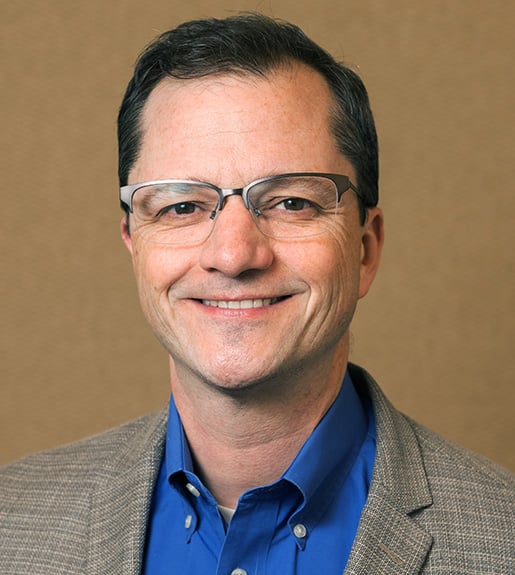
President & CEO, Tessitura
Imagining a world abundant with arts & culture
2/15/2022
5 min
At the start of the 2019 film Yesterday, a supernatural blip causes everyone on earth to forget that The Beatles ever existed.
The one exception is struggling musician Jack Malik, who rises to fame by introducing all the Beatles songs as his own. The movie is a fine romcom, but what stayed with me was the conceit at the center of the plot. What if some major aspect of arts and culture was erased from our collective memory?
Or one step further, what if *blip* arts and culture suddenly didn’t exist?
Imagine this, just for a moment. There are no field trips to science centers. No dance classes. No Shakespeare in the park. No Van Gogh, no Hamilton, no Nutcracker, no choir. No movie theaters or music festivals. No buskers. All of it gone in an instant, and none of us the wiser.
How would we express creativity and invention? How would we laugh and cry together? How would we experience beauty? How would we celebrate our common humanity?
Would we even qualify as humans?
Money, music & muscle
In the spring of 2010, massive flooding devastated Nashville, Tennessee, killing dozens, leaving thousands homeless and causing billions of dollars of damage. The Schermerhorn Center, home to the Nashville Symphony, suffered $40 million in damage.
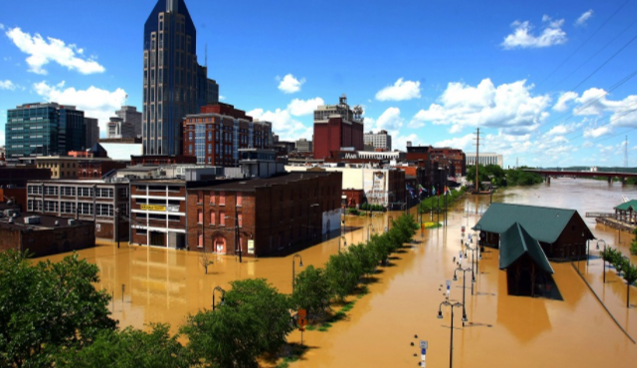
The Symphony might have hunkered down and spent all of their energy responding to their own devastation. Instead, they felt a clarion call to help the suffering people of Nashville. Six days after the flood, the Symphony pulled together a free outdoor concert on the steps of City Hall. Thousands of weary Nashvillians, many still without power, arrived with their coolers and lawn chairs. For a few hours that night, they escaped the grim reality of the moment and listened as the Symphony played their hearts out.
Six days after the flood, the Symphony pulled together a free outdoor concert on the steps of City Hall. Thousands of weary Nashvillians, many still without power, arrived with their coolers and lawn chairs.
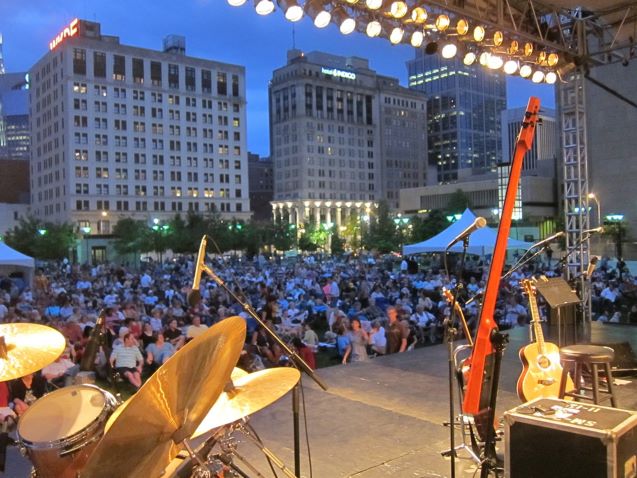
The next morning, the front page of The Tennessean featured a message of hope and a photo of the concert: “Money, music & muscle/Nashville opens its heart.”
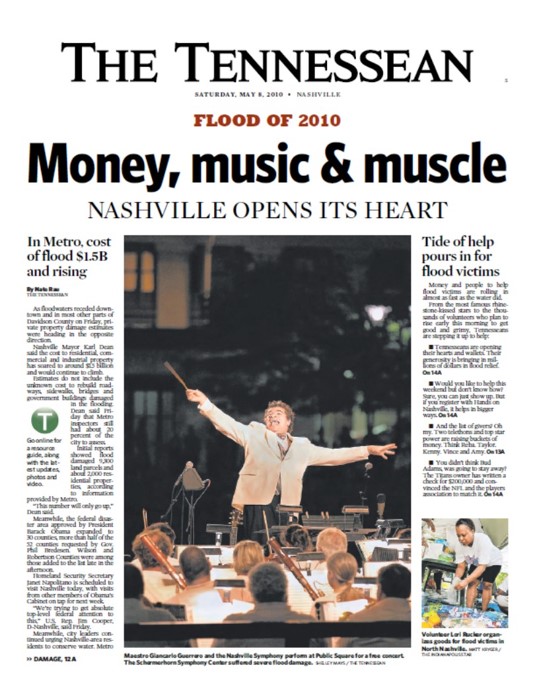
“Money” and “muscle” referred to citizens donating funds and brawn to the relief effort. By putting “music” in the middle of the headline, the paper recognized our species’ unique ability to celebrate our own resilience in the midst of tragedy.
The paper recognized our species’ unique ability to celebrate our own resilience in the midst of tragedy.
Now, as a thought experiment, remove the Nashville Symphony from the story. *blip* Like The Beatles in Yesterday, imagine they simply never existed. The flood still exists, as does the destruction and the weary community. The headline of The Tennessean becomes “Money and Muscle.” The citizens trudge through the recovery. Something is absent.
Which version would Nashville have preferred?
Luckily, the Symphony didn’t blip out. Luckily, for all of us, arts and culture has not blipped out either. We still have Hamilton. And The Nutcracker, and Shakespeare in the Park, field trips, grand museums, one-room dance studios, jazz bands, art classes, sculpture gardens and countless more arts and culture experiences that light up our days as humans, even as we enter year three of a pandemic.
Completing the Five Superpowers of Arts and Culture
As I have shared in this series of posts, arts and culture has the power to spark curiosity, encourage creativity, foster compassion and share commonality. To me, the fifth and final superpower is the most potent: the power to celebrate what it means to be human. This is the power that brought devastated Nashville together. This is the power that makes us gasp at the talent of a dancer, laugh at the clever lyric of a song, grow speechless at the beauty of a painting, and marvel at science brought to life.
Taken together, the Five Superpowers of Arts and Culture point the way to a far better world for us all. That is why I believe we should support arts and culture, why we should weave arts and culture into our lives, and why we should advocate for arts and culture in every community — in small ways and large.
And in the end, this is why Tessitura exists to help arts and culture organizations achieve their goals. Because, in a world without arts and culture, humans simply survive. In a world abundant with arts and culture, we achieve our full potential as humans and together we thrive.
• • •
Tessitura has a vision: Working toward a day when every human in every community we serve has arts and culture as a meaningful part of their life.
This is the final in a series of posts where Andrew explores ways that cultural organizations can work toward that vision. You can see Andrew’s talk on the topic here: The Five Superpowers of Arts and Culture.
Top photo image credit: Mark Angelo Sampan.
Topics
Arts & Culture
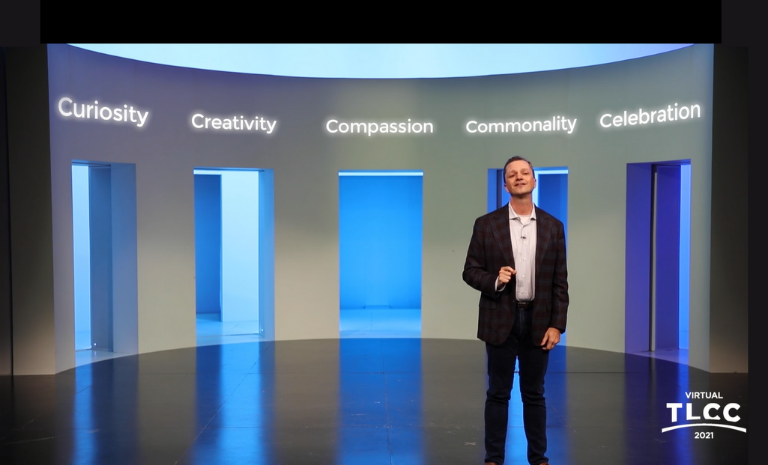
Why Arts & Culture is Essential Today
Arts & Culture
Healing the world requires five human traits: arts & culture delivers them all.

A contactless customer journey with a personal touch
Arts & Culture / Business Strategy / Technology / Ticketing & Admissions
How Georgia Aquarium creates a visitor-focused experience